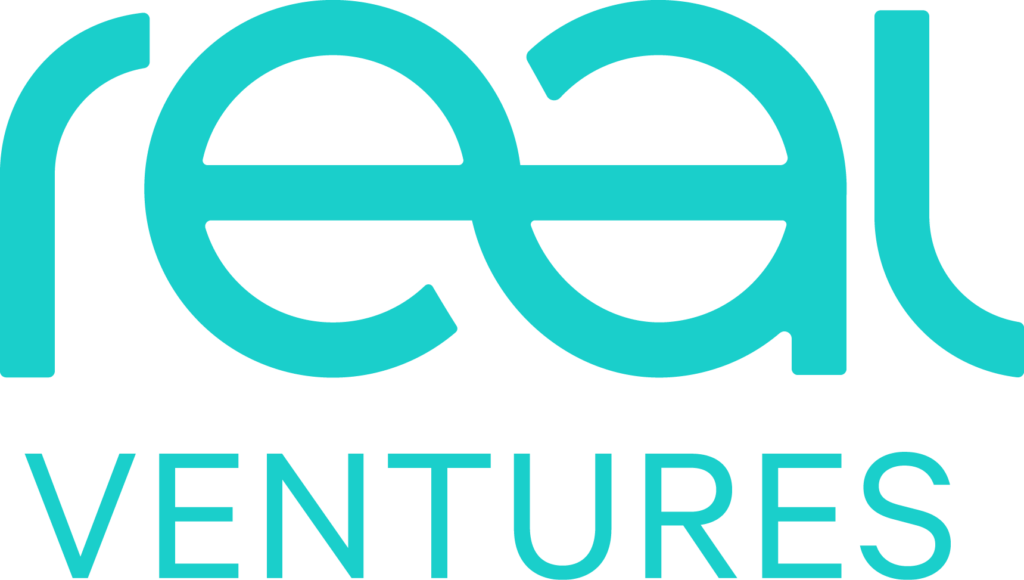When it comes to pros, there are some entrepreneurs who have simply been there, done it. Eli Fathi is one of those CEOs. Now at the helm of Mindbridge, named one of Canada’s startups to watch in 2018, Fathi is using the knowledge gleaned from his experience as CEO in six other tech companies over three decades, to finely tune his rapid-growth playbook for early-stage companies.
While every startup is different, many of the challenges are the same. That’s why it’s hugely beneficial for first-time founders to look to the veterans in the field for the best advice on how to sell, scale, market, hire, retain top talent, and essentially kill it in their chosen markets.
We spoke with Fathi to get his top insights into what new founders need to do to prepare for success and prime their companies for rapid growth. Incidentally, that’s exactly what Fathi is up to right now at Mindbridge — laying strong foundations for a cutting-edge AI auditing platform with an eye to an IPO in as little as five years.
Building your management team
Accelerated growth can be the downfall of a young tech startup. If a team makes a wrong move, it’s possible that what looked like a great opportunity can overburden and ultimately lead a company to crash and burn. So how do you build the best leadership for a team?
Start with common goals and vision
In order to assemble a strong management team, you first need a compelling vision and a culture that people will want to buy into. While creating a powerful vision might not be easy, it’s the more straightforward part of this equation. To build a strong company culture, Fathi recommends the carrot approach over the stick. “I tend not to believe in the stick,” Fathi says, “…although I can see that [it’s] the easiest way to get things done.” By creating an environment where people truly believe in the mission and potential of the company, you’re less likely to lose talented recruits under pressure. “If you take the stick approach, when you need them the most, people are going to back out.”
Build from the top
While it’s often a challenge for new startups to find highly experienced executives to lead their teams, it’s not impossible. “If you have a lot of people, you’re going to create problems if you bring a manager on top later on,” Fathi says. “You have to get in very quickly, as long as you can afford them. If you can do it immediately, it’s better.”
Fathi’s suggested approach at the early stage is to find the people you most want to work with and match their responsibilities to their strengths. “By selecting the people and fitting the work to their needs, I find that I’ve increased the synergy among the members by a significant amount.” When a company creates a job profile and doggedly sets out to hire someone who fits it exactly, there’s also a much higher rate of failure. “That’s a recipe for disaster because you either have to interview many many people to find the exact qualifications, or you have to compromise and you hire the wrong person,” Fathi says.
Once you have your managers in place, Fathi believes in leaving it to them to recruit their own team, but he always interviews every applicant for cultural fit.
Lead, don’t manage
One quality that Fathi looks for in every person he hires is whether or not they are a doer.
“When you have a doer, you give them the independence and magic happens. But when you have somebody who doesn’t know how to do but likes to manage… I might as well give up on that person.”
That means finding people who can lead by example. “If you hire anybody, aside from the culture, the only thing you should look for is: is the person a doer,” Fathi says. “If the person is a doer it’s going to be magical. If the person’s not a doer, nothing is going to happen.”
Push the work down
Once you have your strong team of doers in place, Fathi believes that another prerequisite to success is giving your team independence. “If there’s anything somebody else can do, you should never do it.” That doesn’t mean handing off tasks you don’t want to do, but rather giving your employees responsibility and challenges.
“If you want to scale up fast, push everything down. Give your team the responsibility, give them the authority and let them make small mistakes, or they’ll never grow.”
He does add, that while making a small mistake is a learning opportunity, there isn’t room for big mistakes. “You never learn if you don’t make small mistakes, but never make the same mistake twice, or you won’t get it the third time because you haven’t learned from it.”
Mentor and coach
Coupled with giving your team responsibility outside of their comfort zone is being there to help and guide “the troops” where needed. In Fathi’s case, he has managed and mentored a lot of people throughout his career and thoroughly enjoys this aspect of being a CEO. For less experienced founders, his advice is to hire a coach to help guide and develop employees, from the most junior up to the management level. He reiterates: “If they’re a doer, you can definitely get them to make magic, you just need to point them in the right direction.“
Growing the company
Even with all of the right ingredients in place, many companies fail because they try to go too big before the product is ready. Success can easily derail a startup when you can’t keep up with demand. So how do you build a great reputation before you have any customers?
Start by marketing the company, not the product
In 2017, Mindbridge won eight awards, but had fewer than 100 customers. That’s because they focused on positioning the company positively while taking the time they needed to build out their product.
“When you have nothing to sell, you sell the company, you sell the concept,” Fathi says. “We didn’t do SEO because I didn’t want to have a thousand customers calling us — the product wasn’t strong enough to sustain that kind of onslaught. We started the marketing only with respect to the company itself, not the product.”
“A lot of companies make the mistake of trying to go very fast across the board with multiple markets, then when you get a lot of requests, you just fail.”
Fathi’s approach is to go to conferences, speak at events, win awards and place the company as a thought leader before even starting outbound sales. And when Mindbridge did start outbound sales, it was very selective. “We wanted to make sure that the customers we were working with were hand-picked so that we can build the product with them,” Fathi says. “We have to make sure that the infrastructure of the company will enable us to sustain big growth very fast when a lot of customers are going to demand a product.”
Process, process, process
Even before a company moves into rapid growth, it’s crucial that all processes are well-documented. “It takes a lot of effort, but everything we do is documented and structured so that when there is a lot of demand, we will be able to grow and sustain it,” Fathi says.
Fathi not only has someone to manage external growth, but also has someone who focuses internally — who manages the team and looks after these important processes.
“Every startup has technology debt — they don’t have enough documentation; they just run like crazy. But then you also have documentation debt and process debt, and many companies suffer because of it.”
At Mindbridge, one solution is generating MDA (Management Discussion and Analysis) every quarter. “When you read the documents you know exactly how the company functions. You don’t need to attend any meetings: you just read it.”
Document as you grow
It’s also worth having new hires document all of the processes they put into place. For instance, Mindbridge recently hired an HR manager, and in addition to the transactional activities she performs each week, she also documents exactly how HR and human talent management function within the company.
“Why is this important?” Fathi asks, “Because we want to double the size of the company and you can’t do it without a process. You need to know how to hire, how to fire, how you onboard people, how you do performance evaluation, how you recruit your talent, how you retain your talent: this is all part of the process and I can guarantee you 99 percent of companies don’t bother.”
Maintaining the momentum
Most entrepreneurs would probably say that every day brings a new challenge. So we asked Fathi what he recommends that young companies do to deal with big problems as they arise.
Don’t panic!
Problems aren’t solved by freaking out. “Twenty years ago, I would say: Oh no, the sky is falling! And right away I would panic,” Fathi says. “In reality, the sky doesn’t fall. Just as you don’t want to sever the relationship with the customer, the customer doesn’t want to sever the relationship with you.”
A rule in Fathi’s companies is that when a customer has a problem — even if it’s not your problem — it’s still your problem. He urges his teams to take ownership and try to solve issues that arise, while maintaining communication with the customer.
What happens if the employee doesn’t know what to do? Fathi prefers that his team members try to handle the issue, but if they don’t come to a resolution within a specified time, then they can escalate it to him.
If it’s not urgent and important, it can wait
Above just about everything else, Fathi wants his teams to learn. “You cannot scale up a company if everything gets to your desk. It’s impossible,” he says. Fathi doesn’t believe it’s possible to run a big company if you know everything, and looks to the Eisenhower method of time management: “What is important is seldom urgent,” Dwight D. Eisenhower liked to say, “and what is urgent is seldom important.” Unless something has both of these criteria, Fathi doesn’t believe he needs to hear about it. “If it’s urgent but not important, you can give it to someone else,” he says. “If it’s important and not urgent, it can wait. These are the things that you try to portray to your management team and the people underneath them.”
**********
For more on our thoughts on early-stage investing and startup scaling, sign up for our newsletter and follow us on Twitter, LinkedIn, and Facebook.




